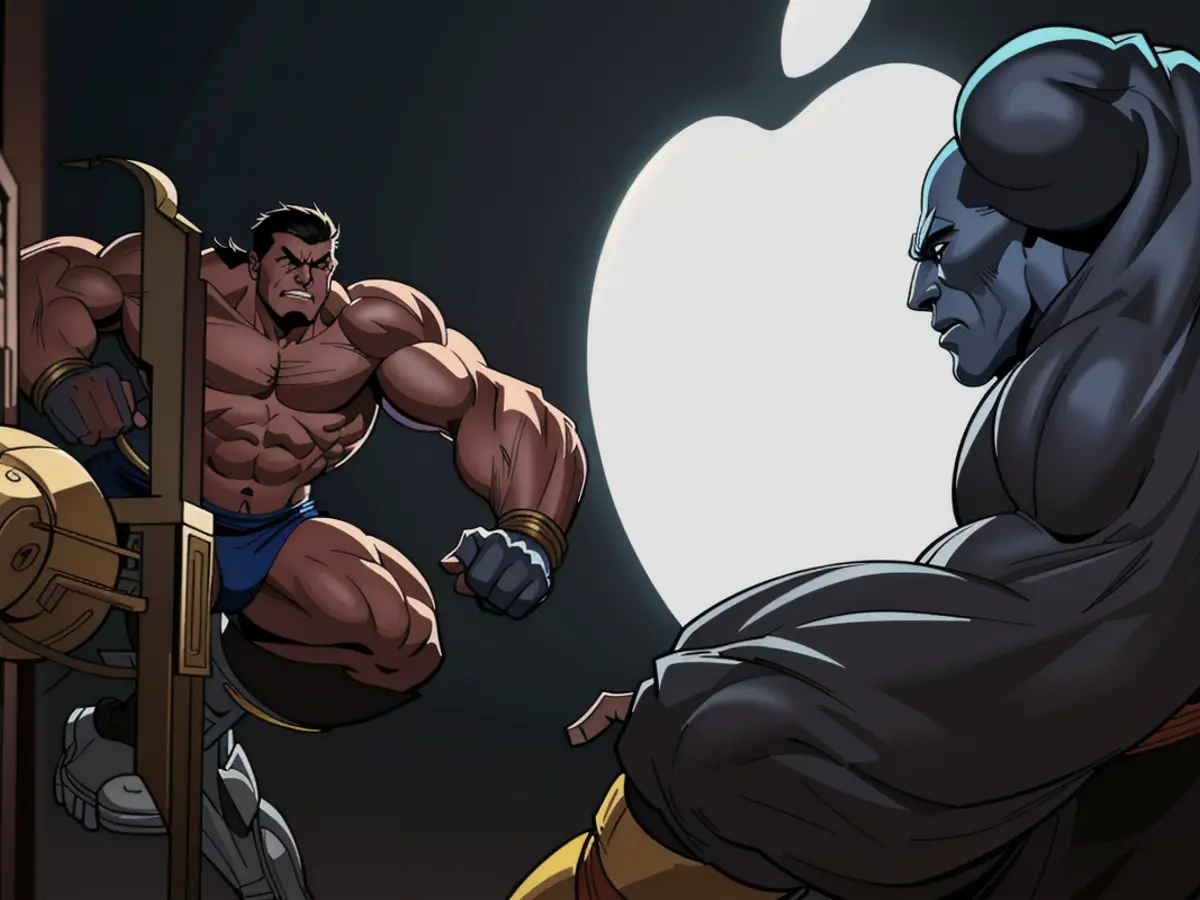Compulsory usage of USB-C connectors for compact gadgets now in effect
Starting today, all new small electronic devices sold in the EU must incorporate a mandatory USB-C charging port. This applies to various devices such as smartphones, tablets, headphones, keyboards, mice, digital cameras, portable speakers, portable game consoles, e-readers, or navigation devices. Laptops and larger notebooks will have an additional two years to make this switch, with the requirement becoming mandatory on December 28, 2026, according to the EU directive.
This mandatory switch to USB-C was preceeded by a prolonged debate. Some advocates like the Minister of the Environment Steffi Lemke, for instance, maintained that a uniform charging port would bring relief to consumers and contribute positively to environmental protection, decreasing electronic waste in the future. Upon implementation, Lemke expressed satisfaction, stating, "At last, the complexity of various connector types has ended."
The new regulations hope to cut electronic waste in the EU by roughly 1,000 tons per year and save thousands of tons of CO2. The Commission anticipates that consumers will enjoy using their cables longer and will subsequently purchase fewer charging devices. At present, they spend around 250 million euros annually on superfluous charging devices.
Some critics, like the digital association Bitkom, viewed the USB-C mandate as unnecessary market intervention. They argued that the market had already self-regulated itself, with the number of charging port types reduced from more than 30 to merely 3 (USB-C, Apple Lightning, and Micro-USB) in recent years. However, it can be inferred that the EU Commission and many manufacturers agreed on uniform standards in a 2009 declaration of intent, which lapsed in 2014. The industry presented a new proposal in 2018, but the Commission and the EU Parliament were unimpressed. As a consequence, the intervention was deemed necessary. By this point, manufacturers were already aware of the change's impending nature.
Among manufacturers, Apple was notably affected, as the company had persistently employed its proprietary Lightning connector for charging ports. From the iPhone 15, revealed in September 2023, Apple has transitioned its entire product line to USB-C.
The transition to USB-C charging ports is expected to significantly benefit the environment, as it may reduce electronic waste in the EU by up to 1,000 tons annually. Minister of the Environment Steffi Lemke applauds this change, stating that the complexity of various connector types has come to an end.








